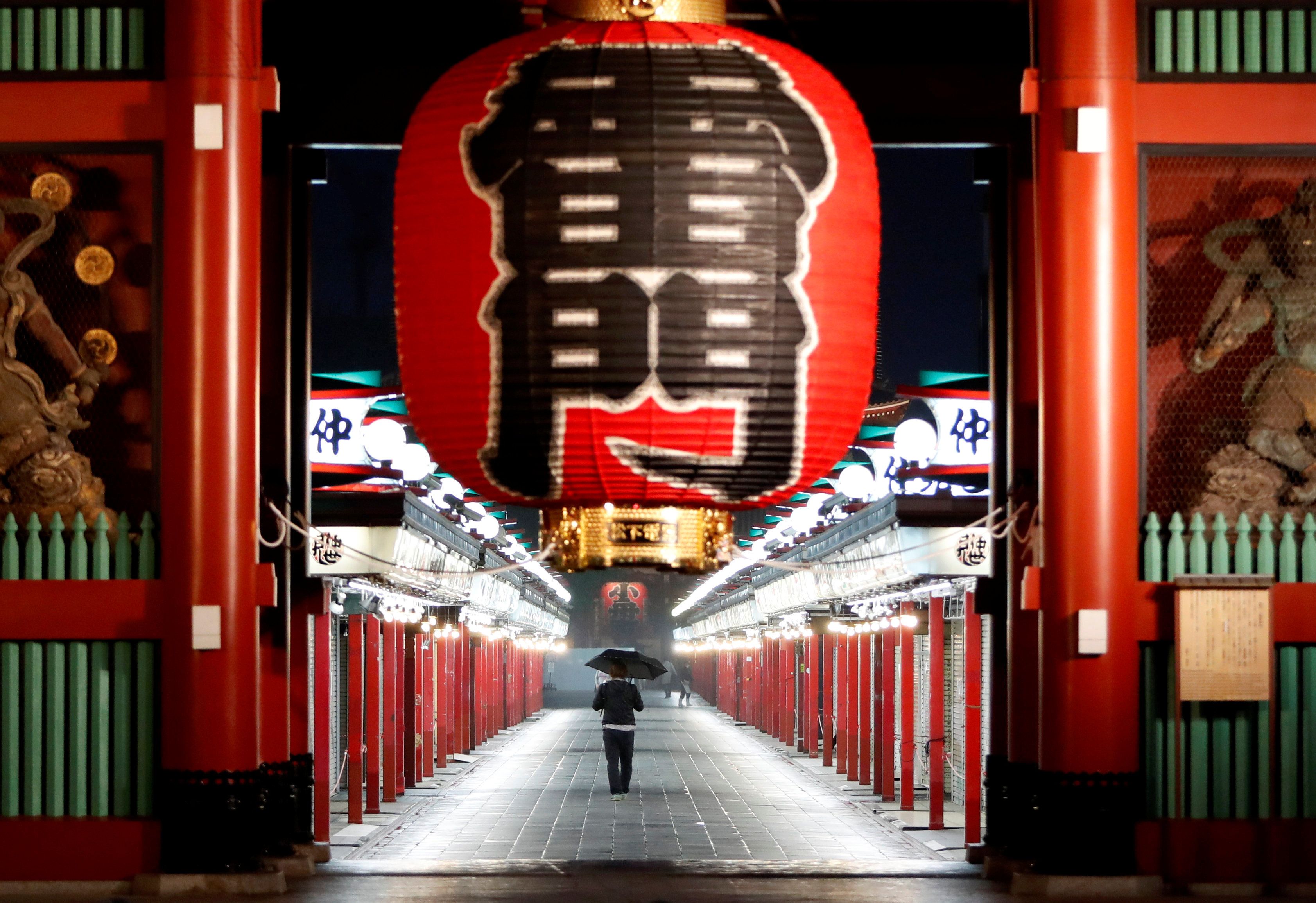News
May 21, 2020
99.9: Japan has recorded its steepest drop in tourism in over fifty years, with just 2,900 foreign nationals entering the country last month, a dip of more than 99.9 percent compared to the previous year. Consider that in 2018, the last year for which comprehensive data is available, around 7 percent of Japan's total GDP came from tourism.
300: At least 300 people were killed in South Sudan's Jonglei state in recent days amid ongoing clashes between rival communities. Violence between warring ethnic groups has intensified in recent months despite the signing of a treaty earlier this year aimed at ending the state's enduring civil war.
36,000: Delays in implementing lockdowns across the US to curb the spread of the coronavirus cost tens of thousands of lives, according to new data released by Columbia University. If residents in hard-hit places like New York City, New Orleans and Detroit were ordered to stay home one week earlier, at least 36,000 lives would have been saved, researchers say. Two weeks earlier would have spared 54,000.
60 million: Living through a pandemic is trying, but living through a pandemic when you don't have easy access to clean water is extremely difficult. Some 60 million Nigerians, a third of the population, have to leave their homes to access clean drinking water, complicating efforts to maintain effective sanitation and hygiene needed within families to curb the virus' spread.
More For You
Americans are moving less — and renting more. Cooling migration and rising vacancy rates, especially across the Sunbelt, have flattened rent growth and given renters new leverage. For many lower-income households, that relief is beginning to show up in discretionary spending. Explore what's changing in US housing by subscribing to Bank of America Institute.
Most Popular
Walmart sponsored posts
Walmart’s commitment to US-made products
What's Good Wednesdays
What’s Good Wednesdays™, February 4, 2026
World Central Kitchen staff hand out free soup in a neighbourhood that experiences electricity and heating outages following recent Russian attacks on Ukraine’s civilian infrastructure during subzero temperatures in Kyiv, Ukraine February 3, 2026.
REUTERS/Thomas Peter
1,170: The number of high-rise buildings in Kyiv that were left without heating following a barrage of Russian attacks last night on Ukraine’s capital and its energy facilities, per Kyiv Mayor Vitali Klitschko.
Protesters gather during a candlelight vigil, and interfaith prayer at Fort Lauderdale-Hollywood International Airport as airport workers and faith leaders rally calling on the federal government to extend Temporary Protected Status for Haiti on Jan. 28, 2026.
Diaz/Miami Herald via ZUMA Press Wire
Over the past five years, Haiti has endured extreme political turmoil, escalating violence, and one of the world’s worst humanitarian crises.
Microsoft unveiled a new set of commitments guiding its community‑first approach to AI infrastructure development. The strategy focuses on energy affordability, water efficiency, job creation, local investment, and AI‑driven skilling. As demand for digital infrastructure accelerates, the company is pushing a new model for responsible datacenter growth — one built on sustainability, economic mobility, and long‑term partnership with the communities that host it. The move signals how AI infrastructure is reshaping local economies and what people expect from the tech shaping their future. Read the full blog here.
© 2025 GZERO Media. All Rights Reserved | A Eurasia Group media company.
